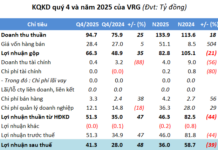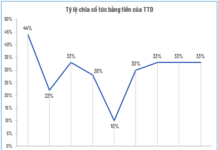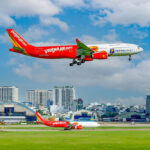Viettel High Tech’s maritime training simulation system, developed by Viettel High Tech (Viettel High-Tech Industries Corporation), has been certified by the international organization DNV (Det Norske Veritas) as achieving the highest level in maritime simulation classification. This certification confirms that the product fully meets the stringent requirements for accuracy, realism, and safety according to international standards, which are critical for training seafarers, officers, and ship operators. DNV, established in 1864 in Norway, is a leading global maritime classification and certification organization operating in over 100 countries, setting technical standards in maritime, energy, and heavy industries.
This marks the first time Vietnam has owned a maritime simulation system meeting the highest international standards. Beyond a technological milestone, this certification significantly enhances the system’s value for training institutions and ship operators domestically and regionally.
For organizations considering investing in simulation systems, DNV’s certification serves as a crucial guarantee of the system’s validity and practical applicability.
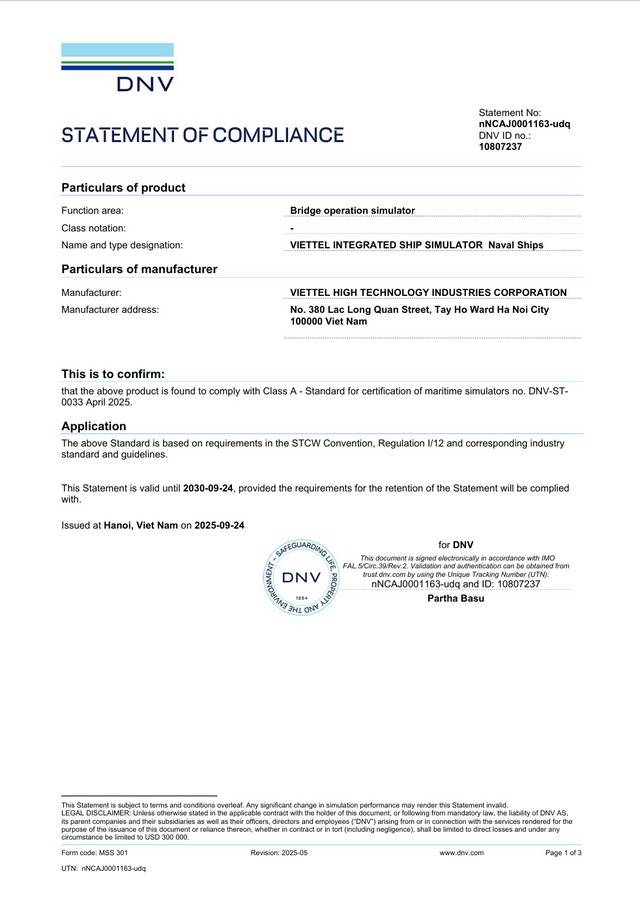
Viettel High Tech’s maritime training simulation system has been certified by DNV (Det Norske Veritas) as achieving the highest level in maritime simulation classification.
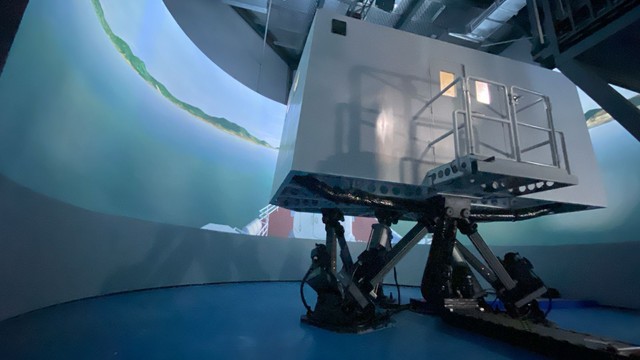
The internationally certified system enables training programs to align with the safety and operational competency requirements set by the International Maritime Organization (IMO) through the STCW Convention. This facilitates widespread recognition of training outcomes and seafarer competency assessments, allowing training centers to expand programs while shipping companies and ports gain options for in-house training instead of relying solely on overseas facilities.
Viettel High Tech’s simulation system replicates a complete ship bridge in a digital environment, accurately simulating all vessel operations and responses. Trainees can practice maneuvering under complex conditions such as severe weather, strong currents, limited visibility, or emergency scenarios that are difficult or impossible to replicate on actual vessels.
Thanks to its comprehensive simulation capabilities and high realism, Viettel’s system passed all DNV evaluation levels, achieving Class A—the highest of five levels under DNV-ST-0033 standards. This positions Vietnam among the few Asian nations capable of independently developing certified bridge simulation systems, alongside China, India, Singapore, Japan, and Turkey. Most other countries still rely on imported technology.
A $6–7 Billion Market by 2033
According to reports by Market.us and Mordor Intelligence, the global maritime simulation market is projected to reach $6–7 billion between 2030 and 2033, with the Asia-Pacific region leading growth.
In Vietnam and internationally, demand for simulation is rising due to tightened STCW requirements and expanding commercial fleets. Many countries lack systems tailored to specific shipping lanes, hydrographic conditions, or vessel types. Viettel’s indigenous development capability offers cost-effective, customizable solutions for domestic and regional markets.
DNV categorizes maritime simulation systems into five levels, with Class A enabling the most realistic and comprehensive training for all maritime tasks. Viettel’s system met all technical requirements, evaluated by DNV experts through 120 tests and 56 technical criteria across three core areas: Physical Realism (accurate simulation of vessel and environmental physics), Behavioral Realism (realistic human, system, and object interactions), and Operating Environment (authentic geographic, weather, and operational conditions). All criteria were met, with many exceeding standards.


